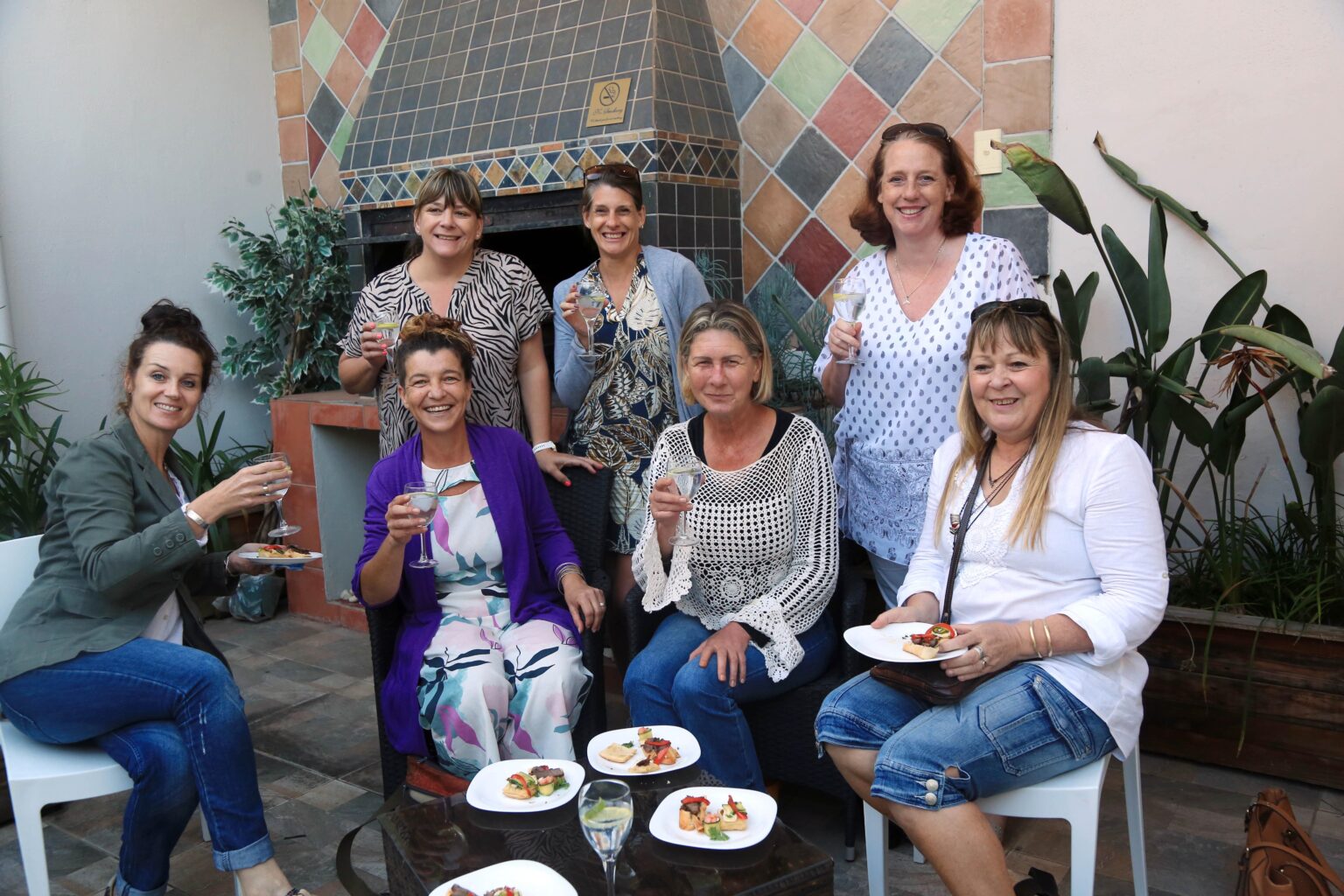By JACKIE CLAUSEN
Makhanda Rotarians raised R4000 towards polio vaccines through a gin and food-pairing event at Hill Street Manor on Saturday, 5 November.
Polio is a disabling and life-threatening disease which can infect a person’s spinal cord and cause paralysis. There is no cure, but the virus can be prevented by immunization. the polio vaccine, which is given multiple times to children, protects a child for life.
Rotary Club President Robyn Cooper said Rotary had been working to eradicate polio for over 35 years. “Through these efforts, we’ve managed to reduce polio cases by 99.9 per cent. Recently cases of wild polio have re-emerged in Malawi and Mozambique – right on our doorstep – which is why it is crucial to continue to educate parents on the importance of vaccinating their children against this debilitating disease. Through our PolioPlus program, Rotary has helped immunize 2.5billion children in 122 countries.”
The first major documented polio outbreak was recorded in Vermont in the US in 1894, which led to 18 deaths and 132 cases of permanent paralysis. It was only in 1908 that two physicians in Vienna discovered that a virus caused polio, and nearly 50 years later, in 1955, a vaccine was invented by US physician Jonas Salk after thousands of people died from the disease across the US. Five years later, in 1960, the US government licenced an oral vaccine developed by Dr Albert Sabin.
Over the past 33 years, the Centre for Disease Control and Prevention (CDC) and its international partners have made significant progress toward polio eradication worldwide. Since the Global Polio Eradication Initiative was launched in 1988, more than 18 million people who the virus would have otherwise paralysed can walk today.


